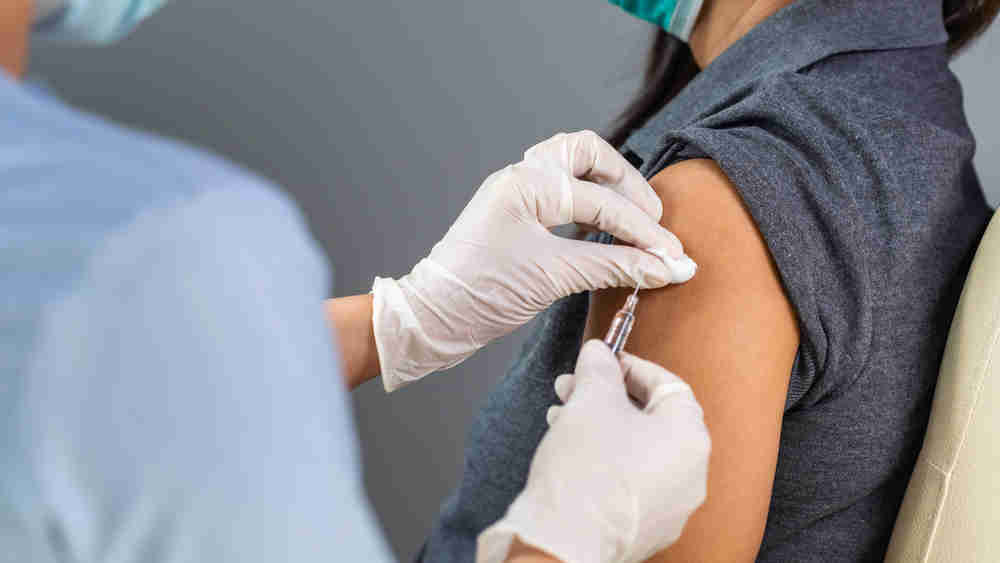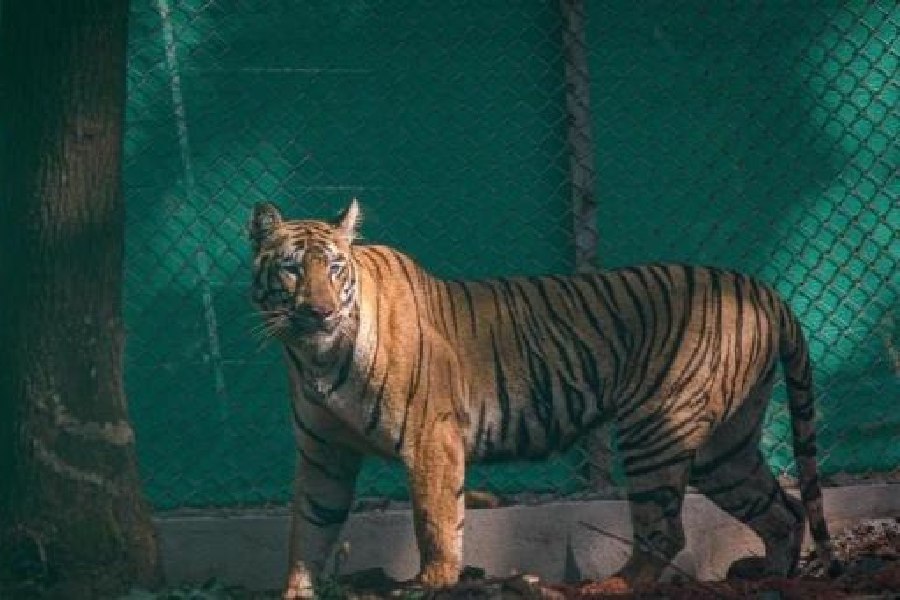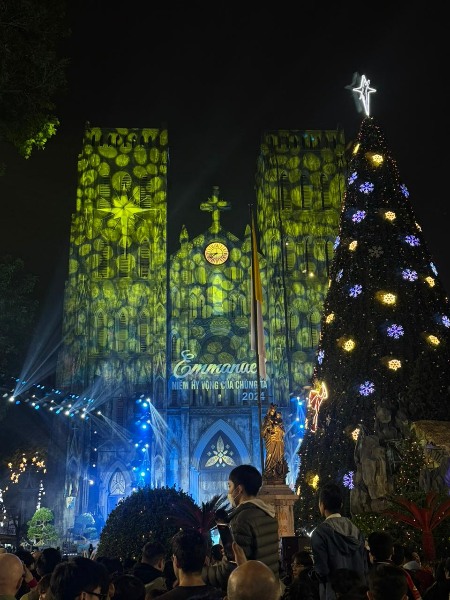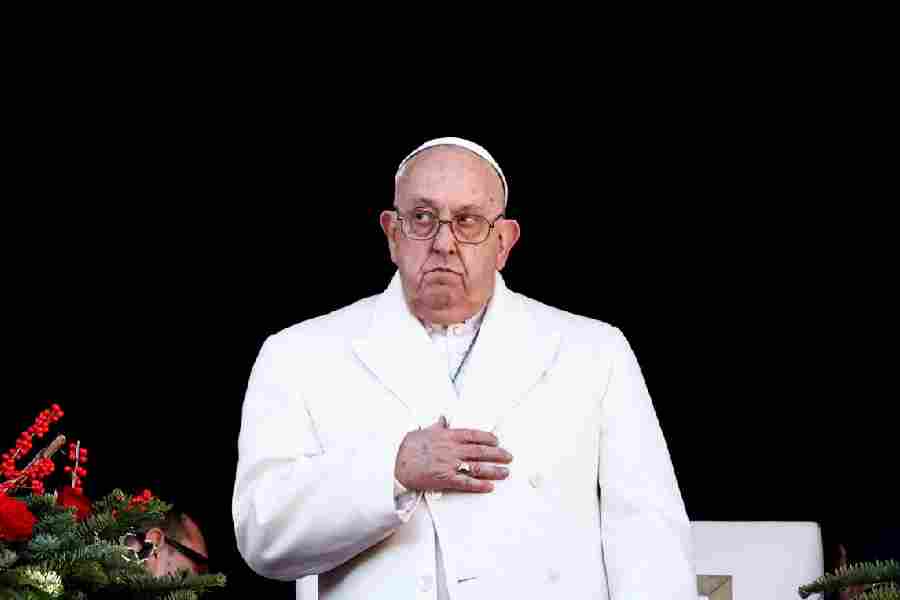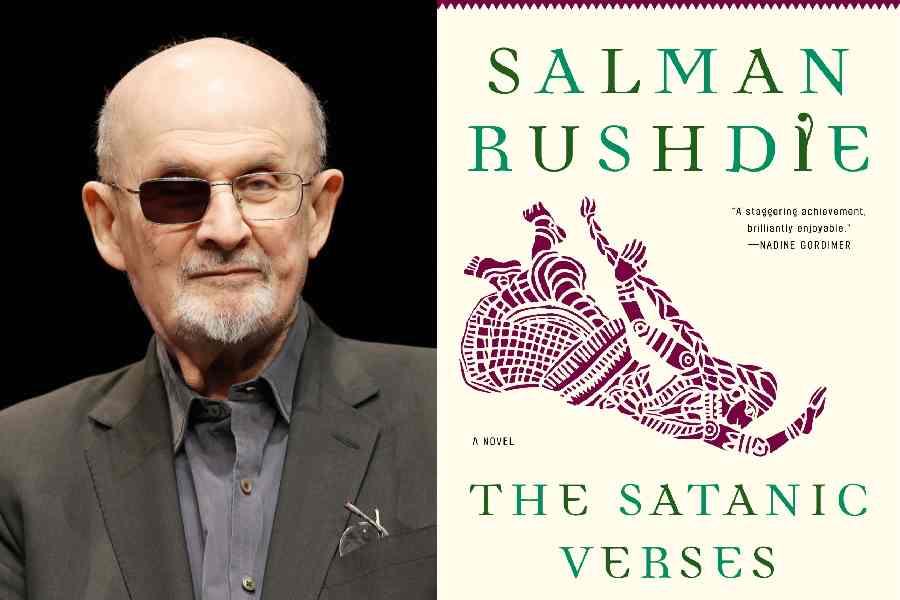Differentiation among groups of people along the lines of caste, religion, gender, race and age has been an integral feature of modern societies. The Marxist school of thought has long viewed these entrenched divisions in terms of class privilege and its resultant deprivation. Significantly, newer forms of stratification are emerging in a post-pandemic world; the new ‘haves’ and ‘have-nots’, in a sense, are those who have been inoculated against the virus and those who are yet to be vaccinated. This chasm, of course, is linked to the template of an older discrimination: data suggest that by August 2020, richer countries had struck deals to buy more than two billion vaccine doses, thereby undermining efforts by low- and middle-income countries to acquire vaccines. Prejudice, too, is contributing to this new form of inequality, with minority communities around the world bearing the brunt of the skewed distribution of medical resources. For instance, in the United States of America, of the 58 per cent of recipients whose racial or ethnic backgrounds are known and who have received at least one vaccine dose, Black, Hispanic and Asian communities comprise 9 per cent, 16 per cent and 6 per cent, respectively. In India, 854 women have been given the vaccine for every 1,000 men, while African nations have succeeded in inoculating less than 1 per cent fully.
These disparities, the result of old and new iniquities, seem to be fuelling other kinds of exclusion. France has approved a contested legislation that allows public access to certain indoor venues only upon the production of vaccination certificates. The chief of staff of the German chancellor has warned that unvaccinated citizens might be barred from entering recreational spaces. The European Union’s decision to enforce a ‘green pass’ to allow travel within its member states had initially recognized neither of India’s vaccines. Restrictions on ‘vaccine passports’ would put populations from developing nations and large parts of the global south at a significant disadvantage in terms of mobility. Two specific kinds of intervention must be expedited. First, the pace of vaccination among the marginalized — people and nations — must improve. The second challenge lies in removing the impediments to vaccine distribution. Global and regional blocks, such as the Quadrilateral Security Dialogue and the South Asian Association for Regional Cooperation, ought to be looked upon as pressure groups to remove these structural and social bottlenecks.

